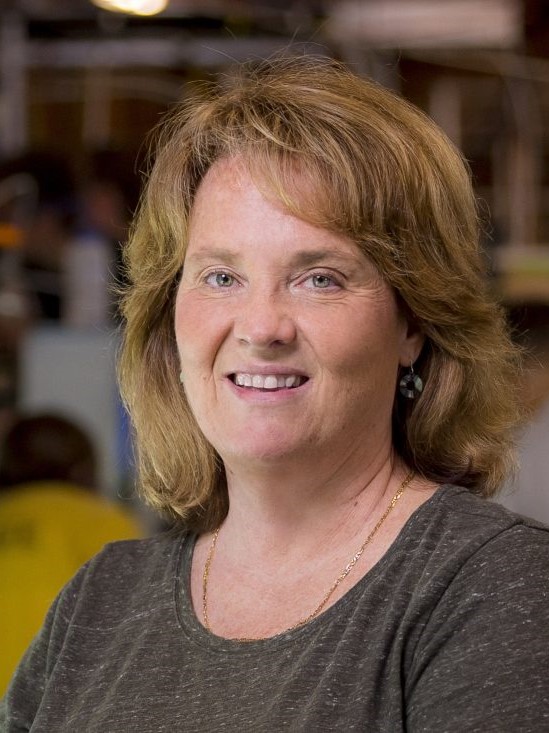Our Team
CAICE unites world-class researchers to address the problems of today and train the scientists of tomorrow.
Prof. Kimberly A. Prather
DIRECTOR
Professor Kimberly A. Prather is the Distinguished Chair in Atmospheric Chemistry and Distinguished Professor at Scripps Institution of Oceanography and the Department of Chemistry and Biochemistry at University of California, San Diego.
Over the course of her career, Professor Prather has over 230 publications on a variety of topics related to aerosols. One focus area in her research involves understanding how aerosols impact climate, with a major emphasis on their role in modifying clouds and precipitation. Her group has also been investigating the sources of airborne viruses such as SARS-CoV-2 and their impacts on indoor air quality and human health.
She is the founding Director of the NSF Center for Aerosol Impacts on Chemistry of the Environment (CAICE), an NSF Center for Chemical Innovation. CAICE has transferred the full complexity of the ocean-atmosphere system into the laboratory to investigate how phytoplankton, bacteria, and viruses in the ocean influence atmospheric chemistry, clouds, and climate.
During the COVID-19 pandemic, Professor Prather has been active in science communication related to the airborne transmission of SARS-CoV-2. She has given hundreds of media interviews and been an international leader in getting policy changes enacted to protect against the spread of this airborne virus and help end the COVID-19 global pandemic. She has been involved in helping develop safe re-opening plans for San Diego Unified School district, businesses, as well as UC San Diego.
Awards for her work include being an elected member of three prestigious academies: American Academy of Arts and Sciences (2010), National Academy of Engineering (2019) and National Academy of Sciences (2020). Some of her recent awards include the 2021 Pittsburgh Analytical Chemistry Award, 2020 American Chemical Society Frank H. Field & Joe L. Franklin Award for Outstanding Achievement in Mass Spectrometry, 2015 Haagen-Smit Clean Air Award, and the 2010 American Chemical Society Award for Creative Advances in Environmental Science & Technology. She is an elected fellow of the American Geophysical Union and the Association for the Advancement of Arts and Sciences.
Prof. Kimberly A. Prather
DIRECTOR
Dr. Kimberly Prather is Distinguished Professor and Distinguished Chair in Atmospheric Chemistry in the Department of Chemistry and Biochemistry and at Scripps Institution of Oceanography at the University of California, San Diego. In February 2019, she became the first woman at UC San Diego to be elected to membership in the National Academy of Engineering (NAE) for contributions including “technologies that transformed understanding of aerosols and their impacts on air quality, climate, and human health.”
She is the founding Director of the NSF Center for Aerosol Impacts on Chemistry of the Environment (CAICE), an NSF Center for Chemical Innovation. CAICE focuses on developing a better understanding of how ocean biology influences atmospheric chemistry, clouds, and climate.
She has authored over 200 publications in refereed scientific journals. Some of her more recent awards include election into the National Academy of Engineering (2019), the 2020 American Chemical Society Frank H. Field & Joe L. Franklin Award for Outstanding Achievement in Mass Spectrometry, 2018 Chancellor’s Associates Excellence Award in Research in Science and Engineering, 2015 Haagen-Smit Clean Air Award, the 2010 American Chemical Society Award for Creative Advances in Environmental Science & Technology. She is an elected fellow in the American Academy of Arts and Sciences, American Geophysical Union, and Association for the Advancement of Arts and Sciences.
Early in her career, Professor Prather developed a technique known as aerosol time-of-flight mass spectrometry that is being used in atmospheric field studies worldwide to determine the sources of atmospheric aerosols. A primary focus of her research involves understanding how aerosols impact climate, with a major emphasis on their role in modifying clouds and precipitation processes.
She also serves as co-Principal Investigator on a project to build the Scripps Ocean Atmosphere Research Simulator (SOARS), a new state-of-the art wind-wave channel that will mimic the ocean with unprecedented accuracy, enabling scientists to explore how the introduction of pollutants by human activities is changing the chemistry of the ocean and atmosphere. Slated for operation in 2020, SOARS will be the only facility in the world capable of simulating future atmospheres with increasing pollution under different ocean and atmospheric conditions.


